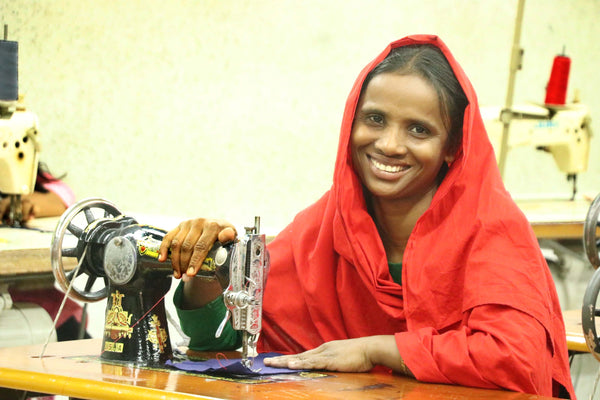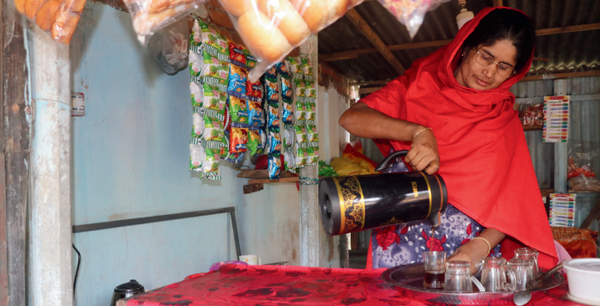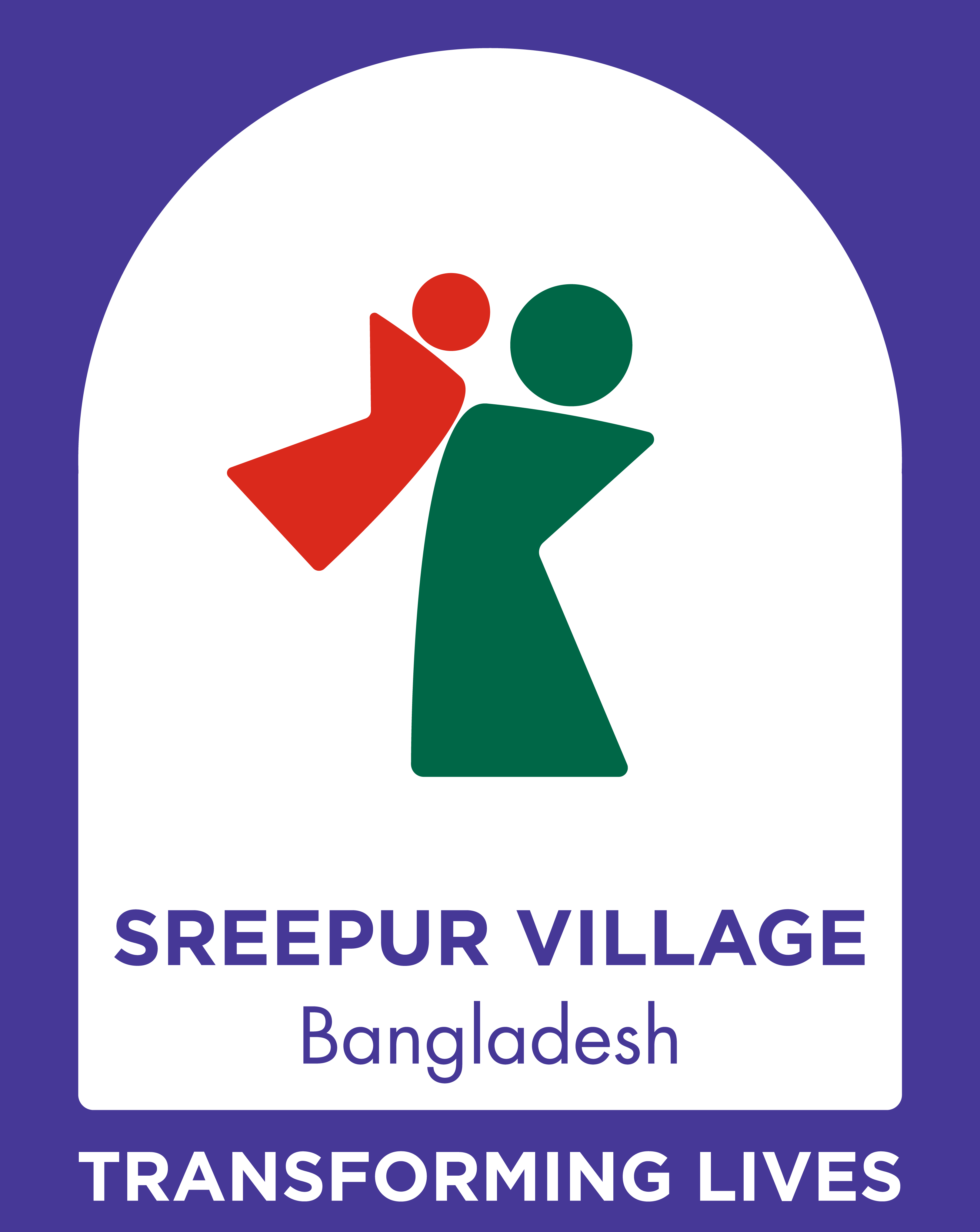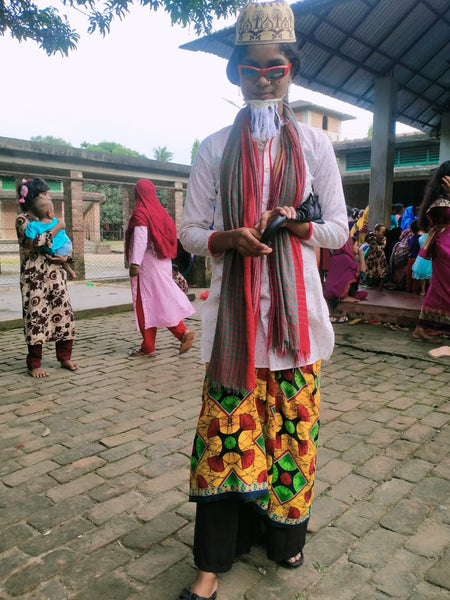Human Rights Day
Today is Human Right’s Day, a United Nations campaign that calls for people to know and push for their rights no matter where they are in the world.
With this in mind Becky Horsbrugh, recently appointed trustee of The Sreepur Village, attended the award winning documentary ‘Rising Silence’ which tells the story of the ‘Birangona women in Bangladesh. Becky Horsbrugh told The Sreepur Village how this documentary highlights the horrific struggles that these women had to face and shares with us the inspirations behind the film making.
In 1971 during the nine-month war that eventually led to Bangladesh's independence from then West Pakistan, more than 200 thousand women were abducted and held in rape camps by Pakistani soldiers and local collaborators. What the women experienced was one of the first recorded examples of rape being used as a weapon of war this century. The women were awarded the honorific title of 'Birangona', war-heroine by Mujibur Rahman, the father of the Bengali nation. He set up rehabilitation centres for those women who were unable to return to their families. However, he was assassinated in 1975 when he was prime minister, and in the political upheaval that followed the women's ordeal was basically forgotten and the centres shut down.
Leesa Gazi, a British-Bangladeshi actor and playwright was a teenager when she first heard about the Birangona, in stories told to her by her father. She resolved to find out more about their stories and to find a way to preserve the testimony of some of the few women who are still alive. She has now met more than 80 Birangona, with her early meetings in 2010 initially leading to a play.
However, with 'Rising Silence' she goes a step further, recording on film the heart breaking stories of some of the surviving women, a number of whom have now passed away. Since 2015, the Bangladeshi government has begun giving pensions to the women in recognition of what they contributed to the birth of the nation. Still many are shunned within their own communities, and their offspring too.
The documentary has won a number of awards, including best investigation at the Asian Media Awards. On the 5th of November a special screening was held in London, attended by relatives of the late Mujibur Rahman, human rights workers and other members of the British Bangladeshi community.

Before the screening the audience was also told about the work of The Sreepur Village, and its role in empowering women. Many years ago the charity was originally 'Families for Children', an orphanage in Bangladesh which helped victims of The War of Independence. It's hoped that one day the documentary can be screened on television so a wider audience gets the chance to hear about the bravery of the Birangona women, and learn more about the history of Bangladesh.



The Sreepur Village works with over 150 impoverished women and their vulnerable children. Victims of rape, torture and abandonment, The Sreepur Village empowers more women to independence by providing them with life-saving skills in a place they can call home. It is with these skills, self-sufficiency and security that more families can look forward to a future full of hope and not poverty and fear.

Leave a comment
Also in News

Bobita's Story of Resilience and Determination
In 2020 after her husband left her for another woman, Bobita was welcomed at Sreepur Village, the only residential organisation in Bangladesh to offer long-term training and development to mothers while ensuring they remain together with their children

Transforming Kulsum's Life.
When life took a difficult turn with her husband falling ill and struggling to support the family, Kulsum faced challenges that seemed insurmountable. Despite seeking help from her family, the situation remained incredibly tough. However, the introduction to Sreepur Village and the assistance provided by the organisation marked a turning point in Kulsum's life.

